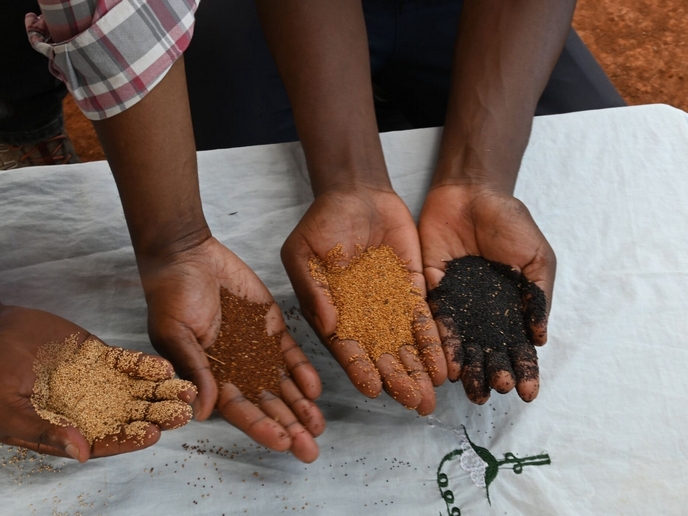Climate-smart crops: the answer to Africa’s malnutrition?
Climate change has drastically impacted agricultural productivity in Africa, leaving farmers struggling to cope with its consequences. Extreme conditions have reduced crop yields, causing food insecurity and malnutrition in rural areas while contributing to obesity and non-communicable diseases in urban regions. African smallholder farmers face significant challenges due to outdated farming practices, lack of agricultural skills and limited market access. Collectively, these factors hinder the farmers’ ability to commercialise their produce effectively.
Nutrient-dense foods
The EU-funded InnoFoodAfrica project explores the business potential of traditional African climate-smart crops, aiming to create nutritionally-balanced foods for African and European markets as well utilising crop residues for biomaterials for packaging. “By focusing on resource-efficient and sustainable food production chains, we want to empower local farmers and open up new business opportunities,” explains project coordinator Natalia Rosa-Sibakov. The project follows a ‘farm-to-fork’ approach, beginning with participatory research involving smallholder farmers. The goal is to improve farming practices, primary production, post-harvesting and storage solutions to increase food diversity and quality and boost productivity of the crops. These crops are used as raw materials to develop safe and nutrient-dense ingredients and food products with acceptable sensory properties, targeting both nutrient deficiency and obesity.
Innovations and products
InnoFoodAfrica has introduced several key innovations aimed at transforming the agricultural and nutritional landscape in Africa. These innovations include improved seed varieties for enhanced yield and productivity, along with comprehensive training manuals and videos on best practices in farming and seed management. Nutrient-dense food products have been a significant focus, resulting in around 15 healthy flours and food prototypes, including crackers, composite bread, quick-cooking grains and pasta. The project adopted low-energy pretreatment practices to ensure year-round crop availability while exploring the use of non-edible parts, such as stems and leaves, as biocomposite materials for packaging and other purposes. Moreover, the project developed the African innovation platform to promote innovative solutions in Africa by engaging local, national and international stakeholders for widespread technology and knowledge transfer. A networking map with information on potential stakeholders is available to facilitate future collaborations. Viable solutions for the long-term operation of the innovation platform will help ensure the developed technologies and products reach markets in both Africa and Europe.
Evaluating consumer needs for a sustainable future
InnoFoodAfrica has collected food consumption survey data, highlighting nutrient gaps that can be addressed through targeted dietary solutions, particularly among vulnerable groups such as small children and women of reproductive age. Through tailor-made questionnaires, the team also assessed food choice motives and attitudes towards the products created in the project across different countries. “Our research proved the significant potential of local climate-smart crops as a promising path for improving dietary habits and supporting sustainable agriculture in the face of climate change,” emphasises Rosa-Sibakov. Importantly, by fostering resource-efficient and sustainable food production value chains, InnoFoodAfrica empowers smallholder farmers and other value chain operators. This approach not only creates new local and international business opportunities, but also paves the way for a resilient agricultural future.
Keywords
InnoFoodAfrica, Africa, innovation, climate-smart crops, obesity, sustainable agriculture, nutrient deficiency



